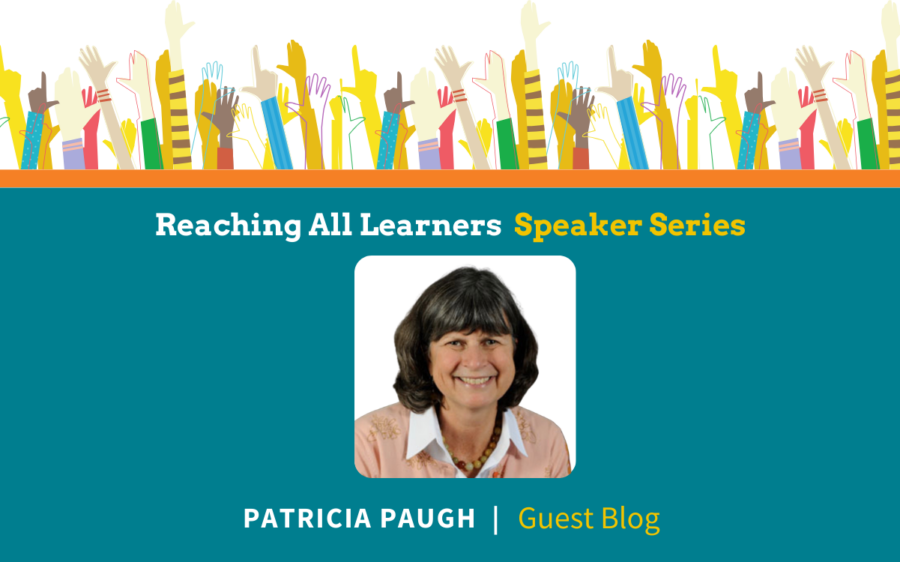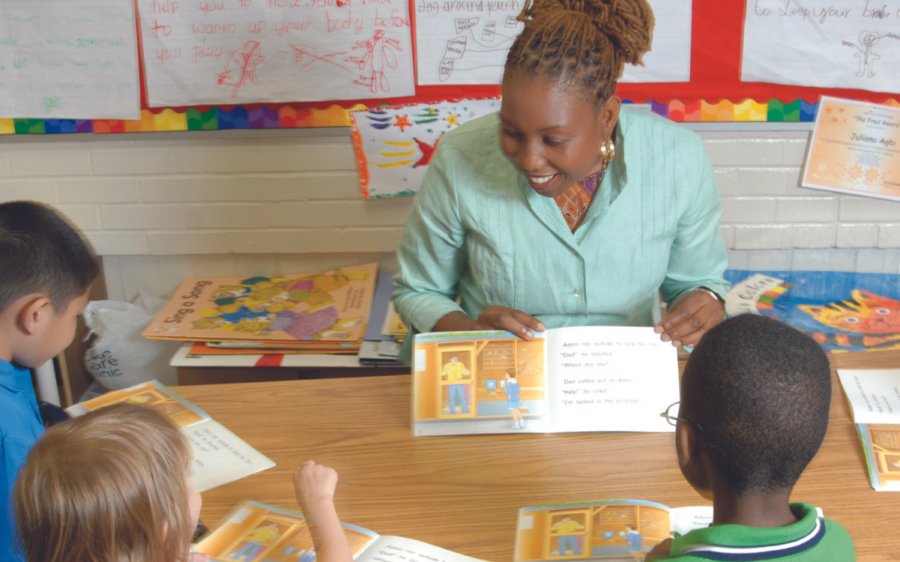The beginning of a new school year is always a busy, exciting time. To start your year off strong, here are six practical ideas for facilitating learning and reflection with your colleagues.
Build and Maintain Relationships
Establishing strong, trusting relationships with school leaders, teachers, and support personnel is one of your most powerful tools as a coach. Take the time to get to know teachers personally—learn about their interests, passions, and what they care deeply about. Understanding teachers as individuals helps strengthen your working relationship. Additionally, identify each teacher’s strengths so you can gauge where they are in their learning journey and plan appropriate next steps together for their instructional practices. Teachers are more willing to take risks and try new things when supported by someone who knows and believes in them.
Align with School, District, and Personal Goals
It’s essential to be aware of the school and district goals. Meet with school leaders to discuss these goals, as they will guide your planning for professional learning sessions and inform your conversations with teachers. Meet with your colleagues to discuss their instructional goals for the year and how they align with the school’s goals. Understanding teachers’ goals for the year allows you to offer targeted support as they work to achieve them.
Communicate Clearly
Prioritize your own goals and create a calendar outlining your schedule so everyone knows when they’ll meet and collaborate with you. Communicate your role and how you plan to work with the faculty throughout the year. Keeping everyone informed in a timely manner ensures that everyone understands their role and responsibilities.
Stay Organized
Organization is crucial to your success. Create a system that helps you organize: observational notes from classroom visits, teacher goals, professional learning attendance, meeting logs, and email and communication logs. Consider using digital tools to keep your records organized and readily available. Keeping thorough and organized records improves your effectiveness as a literacy coach and creates a valuable resource for reflecting and refining your practice.
Be Visible and Engaged
Visibility is important. Take advantage of every opportunity to interact with teachers. Every moment of the day is an opportunity to coach! Spend time walking around the school, visiting classrooms early in the year, engaging in conversations, and eating lunch with colleagues. The more visible and approachable you are, the more comfortable people will feel working and learning with you.
Reflect on Your Practice
Regular reflection is invaluable. Maintain a reflection journal where you document your thoughts on what’s working well and areas for improvement. This daily practice helps you grow as a coach and provides valuable insight that can inform your future work. Reflecting on your work and goals throughout the year will contribute to your enjoyment and success as a coach.
On the Road to Success
Starting the new school year with a strong literacy coaching plan can set the stage for student growth and success. Establishing trusting relationships with colleagues, knowing the school and teacher’s goals, providing professional learning, and continuously reflecting on your practice leads to teachers and students achieving their full potential and has a lasting impact on their literacy learning. Interested in learning more? We offer a variety of ways to deepen your expertise as a literacy coach/teacher leader and staff developer. Check out our fall offerings focused on coaching: Acquiring Coaching and Teacher Leadership Expertise and Literacy Coaching Essentials: The What, Why, and How.





